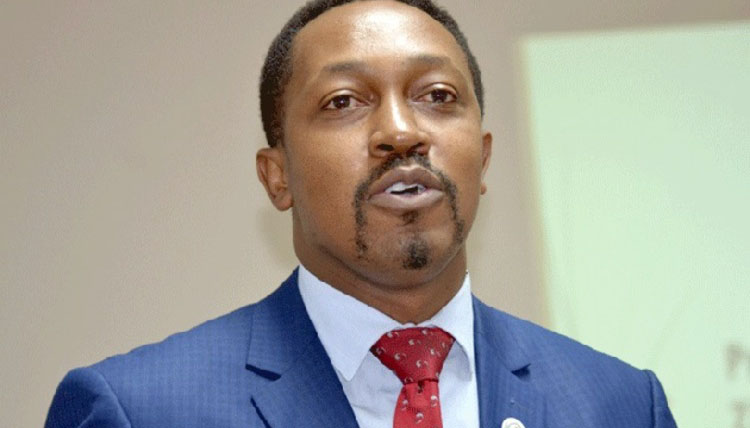
The Sunday Mail

Sharon Munjenjema and Harmony Agere
ORPHANED at a tender age of 10, the life of Bright Tauzeni (23) from the sprawling Hatcliffe suburb on the outskirts of the capital was like a plant growing on a hard ground.
Without a family to support him fulfil his dreams, young Bright had to plunge into the jungle streets of Harare for survival.
He found his spot at the traffic lights of Churchill Avenue and Second Street where he lived out of a begging bowl.
But as he grew older, begging became unattractive and he sought new ways of eking a living.
An opportunity presented itself when electricity cuts became the order of the day in early 2019.
As the power outages worsened, traffic intersections were scenes of chaos and confusion, resulting in vehicle congestion.
Having acquired the skill to navigate vehicular and human traffic during the begging days, Bright tried his hand in controlling traffic at the very intersection he was a “streetkid”.
“I used to beg from the motorists, but I realised that I’m older and people are reluctant to help as they will be thinking I can do some work to earn a living,” he said.
“I couldn’t find a job. I witnessed a lot of accidents and I thought I should control traffic in the hope of getting ‘tips’ from motorists.”
Bright says his day at “work” starts at around 8 am.
By that time, load-shedding would have hit Alexandra Park and many other parts of the city. Chaos will be reining supreme at the traffic lights or “pamarobots”.
“Motorists willingly give me money while some give me food and clothes,” he said.
“On a good day I can make a few US dollars but sometimes it’s as little as $10.”
Bright hopes power cuts persist so that he earns the dollars — whether USD or Zimdollar — from kind motorists.
However, Bright is just one of the many amateur traffic controllers who are taking matters into their own hands at most of Harare’s road intersections.
The self-styled traffic controllers, who are people living on the streets like Bright, are seen every day, almost everywhere, doing the job some feel should be done by the police.
While the phenomenon is said to be born out of current power shortages, others attribute it to the increasing traffic volume in the capital. Motorists who spoke to The Sunday Mail last week had different views.
While others said the traffic controllers were doing good voluntary work, others simply dismissed them as a danger to the motorists.
Lloyd Mutasa (36) supported the young men controlling traffic, saying it was a crime-free way of making money.
“Given the state of the economy, I think what these youngsters are doing is better than grabbing people’s bags, as we used to notice on some road intersections. Even those who think of stealing from motorists will be deterred because these young men controlling the intersections wouldn’t want their spots tarnished,” he said.
“At least they are earning an honest living and bringing order at busy intersections.”
Another motorist who only identified himself as Shane thought otherwise.
“This is not an ideal situation,” he said.
“The police simply need to do their job. These guys are not trained and it’s only a matter of time before something bad happens.”
The police have also clashed with Bright during his “work”.
“I have had several nasty encounters with the police. They come here and tell me to stop what I’m doing because it is their duty,” he says.
“But I have never seen them controlling traffic on this intersection, so I just disregard their threats and continue working. I need to eat.”
Deputy national police spokesperson Chief Superintendent Blessmore Chishaka advised the public to seek police officers’ help on road intersections.
“It’s our role to control traffic when need be,” he said.
“As soon as we are advised of any busy intersection that is not controlled, we will quickly step in.
“It is unlawful for street kids or any member of the public to control traffic at intersections as this can result in fatal accidents. Traffic police officers are trained to do such duties.”
But the question that beckons is: Why should the police wait for motorists to call them when they are aware of the power outages that affect traffic lights, particularly at peak hours?



